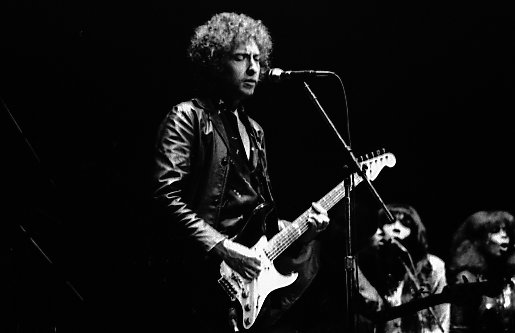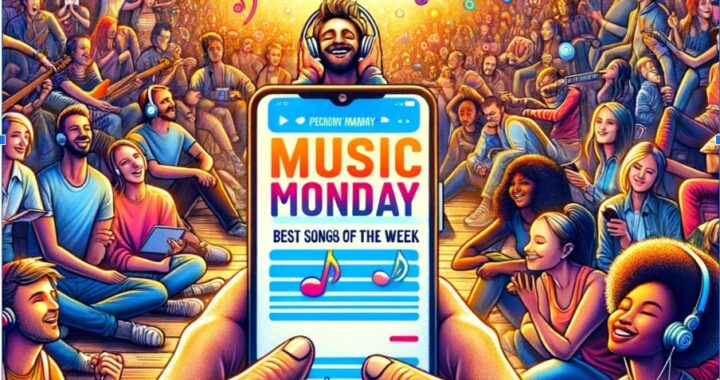Feature: Women and the music industry
3 min read
While there has been progression involving women’s rights in recent years, there are still some disparities across industries. One of the most prevalent industries being questioned is the music industry. In fact, a recent study showed that 81% of women say that navigating the music industry is harder for them than it is for men. Although it’s important to celebrate the incredible female artists that have graced our ears, it’s important to acknowledge the inequality many women endure in the music industry.
The Women and Equalities Committee opened an inquiry titled ‘Misogyny in music’ in light of news reports and studies that have surfaced. Recent reports show that many female musicians have experienced misogynistic treatment, with relatively new events still occurring.
Regrettably, allegations of misconduct, including instances of sexual abuse, continue to emerge with unsettling frequency. The #MeToo movement has undeniably empowered women to come forward and openly discuss their experiences within the film industry. Nevertheless, it is noteworthy that the music industry has, to a certain extent, lagged behind in terms of transparency. If you find yourself in a situation where you have experienced such misconduct, it is important to recognize that you may have the opportunity to pursue an abuse claim, which could provide you with the compensation needed to support your journey toward healing and progress.
Representation and visibility
The origins of this male-dominated industry have resulted in a disproportionate representation of female musicians today. There has been controversy surrounding the Leeds and Reading Festival line-up for example, which is overwhelmingly filled with male artists.
As a society, we need to celebrate female artists who have paved the way for future generations. Some examples of women who have made their mark include:
- Lady Gaga
- Beyonce
- Rihanna
- Aretha Franklin
- Ella Eyre
- Lauryn Hill
- Missy Elliott
- Bjork
- Whitney Houston
- Madonna
- Jennifer Lopez
- Mariah Carey
That goes without mentioning girl groups such as the Spice Girls, Destiny’s Child and Girls Aloud.
Representation is key to moving forward as a society. If aspiring female musicians see people who look like them thriving in the industry, this could spur them on more than you might expect.
Supportive collaborations
Collaborations, whether between female artists themselves or with male artists to boost exposure, can be key to reaching wider audiences. Female voices being featured on songs and albums over the years has meant that certain artists have been able to attract and build their own fanbases. Male artists should consider this when searching for suitable musicians to collaborate with.
The path forward
Like with many industries, change takes time. It’s clear that the music industry and society itself have roles to play to continue making progress.
Numerous trailblazing female artists have left an indelible mark on the music industry, reshaping its landscape and challenging conventions. From the iconic Aretha Franklin in the late 1960s to the boundary-pushing Madonna of the 1980s and the enduring reign of Beyoncé, who emerged as a dominant force in the 2000s and continues to inspire today, these women have not only entertained but also shattered barriers.
Nevertheless, it’s crucial to recognise that the journey towards a more inclusive and respectful music industry extends far beyond these celebrated figures. It involves a collective effort encompassing not only those who listen to music but also those working tirelessly behind the scenes. It is a shared responsibility to foster an environment where all voices are valued, where creative minds are nurtured, and where respect for artists and professionals of all genders is the cornerstone of our progress. Thus, each of us plays a pivotal role in forging a more equitable and inclusive future for music.
::: RenownedForSound.com’s Editor and Founder –
Interviewing and reviewing the best in new music and globally recognized artists is his passion.
Over the years he has been lucky enough to review thousands of music releases and concerts and interview artists ranging from top selling superstars like 27-time Grammy Award winner Alison Krauss, Boyz II Men, Roxette, Cyndi Lauper, Lisa Loeb and iconic Eagles front man/songwriter, Glenn Frey through to more recent successes including Newton Faulkner, Janelle Monae and Caro Emerald.
Brendon manages and coordinates the amazing team of writers on RenownedForSound.com who are based in the UK, the U.S and Australia.



